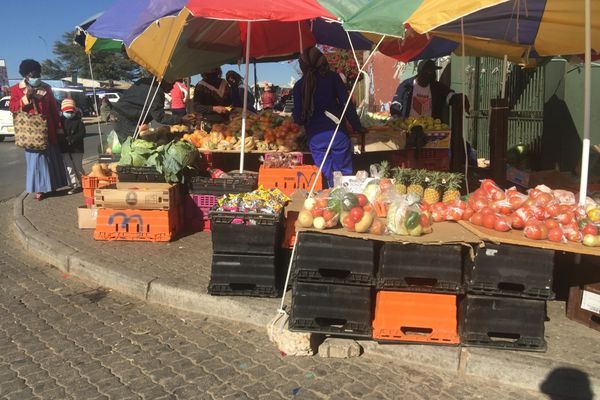Informal economy remains vulnerable

Over the years, informal traders trying to make a living in Namibia have been brutalised by authorities, had their wares confiscated, and been fined for operating in areas deemed illegal.
Given this background, the Namibian Informal Sector Organisation (NISO), in partnership with the Friedrich-Ebert-Stiftung, launched the operational guidelines for the code of conduct for the Namibian informal economy.
The guidelines are anchored on five pillars.
Steps to stability
The first guideline calls for the recognition of the informal economy and its contribution to job creation and poverty reduction.
The second pillar calls for stakeholder consultation and participation to ensure an inclusive and transparent policy-making process.
The third pillar advocates for continuing education and training for informal traders, their families and workers in skills essential for development and an effective transition to formality.
There is also a need to reduce the obstacles to formalisation.
The last pillar focuses on the need for alternative dispute resolution in the informal economy in the form of mediation, conciliation and arbitration.
Support provided
Minister of industrialisation Lucia Iipumbu said that crafting guidelines will set the tone in terms of regulating the rights, obligations, and responsibilities of all stakeholders.
She acknowledged that informal trading remains a critical part of economic activities in Namibia, yet it is one of the most vulnerable due to operational instability and unstable support.
The sector is a major source of employment and livelihood for many Namibians, most of whom are women. Therefore, establishing the nature and extent of the informal economy in a country is a necessity for the development of sound and targeted policies, strategies and interventions, she said.
phillep@nmh.com.na

























Weird ’n Wacky
FunHilarious video clips featuring animals, sports, food, & more!
Status Hub
SocialTrend on social media with these statuses!
Social Trending
SocialWant Top Trending Stickers and WhatsApp Stories!?
New Emoji
SocialChoose from stacks of exclusive shareable emojis.